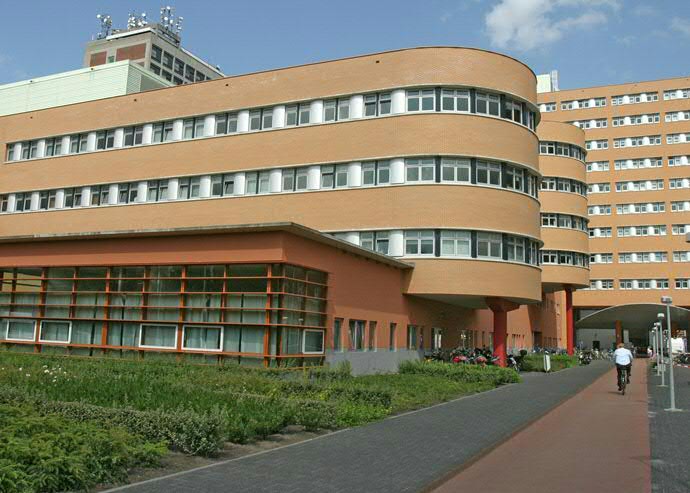Exceptional scientific discovery could lead to a new antibiotic and treatment for brain diseases

Researchers from the UMCG led by cell biologist Professor Ody Sibon are the first to demonstrate that human and animal cells can absorb coenzyme A from food or their environment. Almost all living organisms on earth need coenzyme A to survive. In the long term, this exceptional scientific discovery could lead to a new antibiotic and make a treatment for the rare brain disease PKAN more likely. Sibon has published her findings in the leading journal Nature Chemical Biology.
Various chemical reactions occur in the body to enable us to burn fats, proteins and sugars and thus acquire the energy we need to move and grow. One molecule that takes a leading role here in almost all living beings on earth is coenzyme A. Almost all living organisms on earth need it to survive.
Until now, scientists only knew of one method by which organisms could obtain coenzyme A: by synthesizing it from vitamin B. This is what all the textbooks say.
Sibon and her group have now demonstrated that human and animal cells can absorb coenzyme A from food or their environment and thus do not need to synthesize it from vitamin B5. She also investigated the mechanism that cells use for this. Sibon says, ‘Cells with a low coenzyme A content stop growing. We administered coenzyme A to the medium of human cells in culture and saw that the coenzyme A content of the cells increased and they began to grow again. This also works in flies and worms. So we knew that it was possible, after all.’
The importance of this discovery lies in two applications. In contrast to human cells, bacteria cannot absorb coenzyme A directly. They are dependent on their own production of coenzyme A, and if you prevent this, they will not survive. If you supply coenzyme A together with an inhibitor of coenzyme A production, this kills the bacteria but does not harm humans. This difference between humans and bacteria could help us find new antibiotics that bacteria are not resistant to. In the long term, it could also lead to a new treatment for the rare brain disease PKAN (Pantothenate Kinase-Associated Neurodegeneration). Patients with this disease have a genetic disorder that impaires the synthesis of coenzyme A from vitamin B5, making them likely to be deficient in coenzyme A. In theory, you could help these patients by adding coenzyme A to their food, which their cells would be able to absorb.
It is partly thanks to Sibon’s research that the UMCG has recently been identified as an expertise centre for PKAN. Her research ties in with the expertise centre’s aim to conduct fundamental research that should in the end further improve treatment of patients.
Source: Press release University Medical Center
More news
-
17 November 2025
Artificial intelligence in healthcare
-
04 November 2025
AI Factory in Groningen advances digital sovereignty
-
03 November 2025
Menopause in perspective: How the media influences our perception
